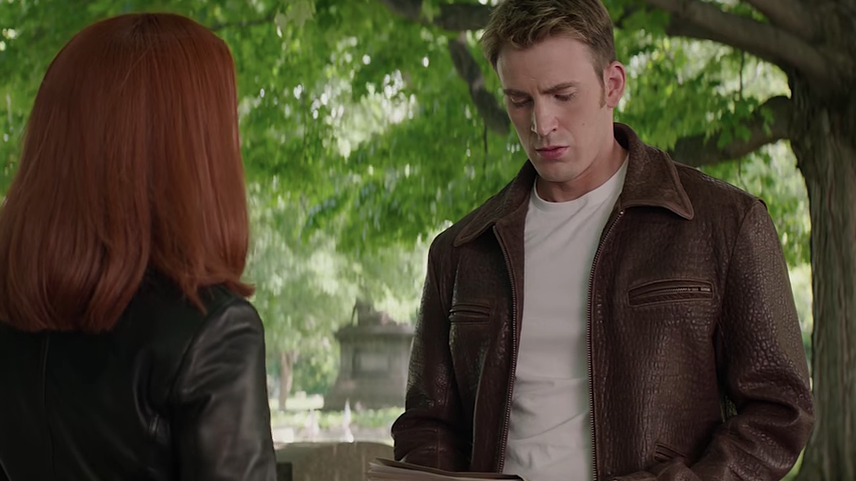I’m starting to learn how to add suspense to my stories. Something I often lack because I’m such a nut about being brief.
Naturally, the way I think best about suspense is to look at it through the lens of poetry.
Warning: The following contains POETRY COMPOSED IN A BROWSER WINDOW.
Poets want to put their best idea first. Frequently, it’s this one idea or line that starts us off. Last night I was in a discussion on music and someone said “It was one of the ten perfect songs in history.”
“Wow,” I thought. “That’s a great line.”
So I wrote “The ten perfect songs” on my notebook and lo! I had a poem start! Now just to continue the thought…
It was one of the ten perfect songs in history,
The song Natia sang in line at the coffee shop.
Unknown unknowable to all but we few
Privileged by our morning stop.
ugh. That’s gross. Okay calm down it’s just an example poem.
A poetry teacher once told me to take any poem draft, pick out the strongest line, and make it my last one. Then pick out the second strongest and make it the first. So let’s try that. Yes! Even though this poem looks like it cannot possibly work in any other order. Let’s try it this way:
Privileged by our morning stop,
The song Natia sang in line at the coffee shop
Unknown unknowable to all but we few,
It was one of the ten perfect songs in history.
Weirdly works?
“Marie: how is all of this about SUSPENSE? I thought you were going to tell me about suspense. I was expecting, you know, murder and stuff.”
Poetry is an exercise in suspense. Every rhyme promises its conclusion. Even open verse sets up ideas to be knocked down. The tiny haiku works because we know the first line we read is about to be overturned by the third.
The new version of the poem builds suspense by not telling you what is unknown or unknowable. Now, actually, I want that earlier. Let’s play some more:
Unknown and unknowable, save by we
Privileged by our morning stop,
Natia’s song in the coffee shop
Was one of the ten perfect songs of history.
The first rule of creating suspense: Promise the reader something. In the poem, we promise to reveal something unknown. The tight couplet stop/shop promises that the last line will rhyme with the first. We build suspense with promises.
We increase suspense by withholding our promises.
The poem is missing detail. Very general right now. What sort of song did Natia sing?
Unknown and unknowable, save by we
Commuting computer bourgeoisie,
Natia in the coffee shop –
Six perfect notes of joy
Repeated and punctuated
With steam –
One of the ten perfect songs of history.
Don’t go throwing any old detail in. The detail should serve some purpose – setting, character, movement.
When you give what detail can build suspense. Too much description and you lose the audience, too little and the payoff comes too fast. You have to play with it, adding and subtracting. Move things around.
Six perfect notes punctuated with
Espresso steam
Fall on ears of computer bourgeoisie.
Will you know the
Ten perfect songs of history.
Suspense is showing the wrong card first in the magic trick. It’s an aside just before the reveal. It’s a promise, delayed, and gratified.


